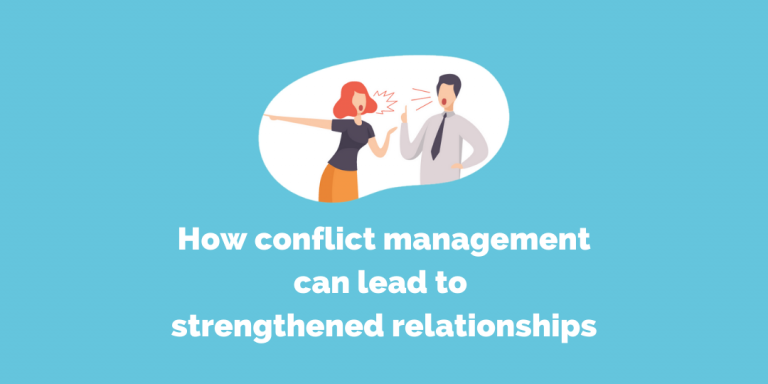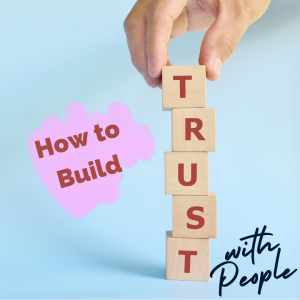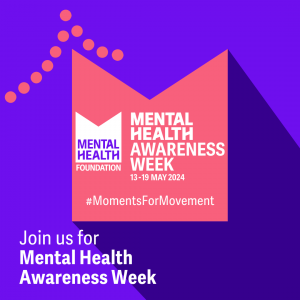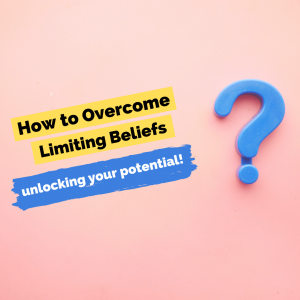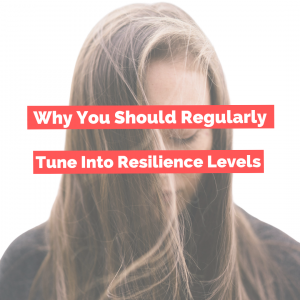When it comes to handling conflict in relationships, many of us avoid it or assume that it's bad, when in fact using this conflict has the potential to strengthen our relationships rather than destroy them.
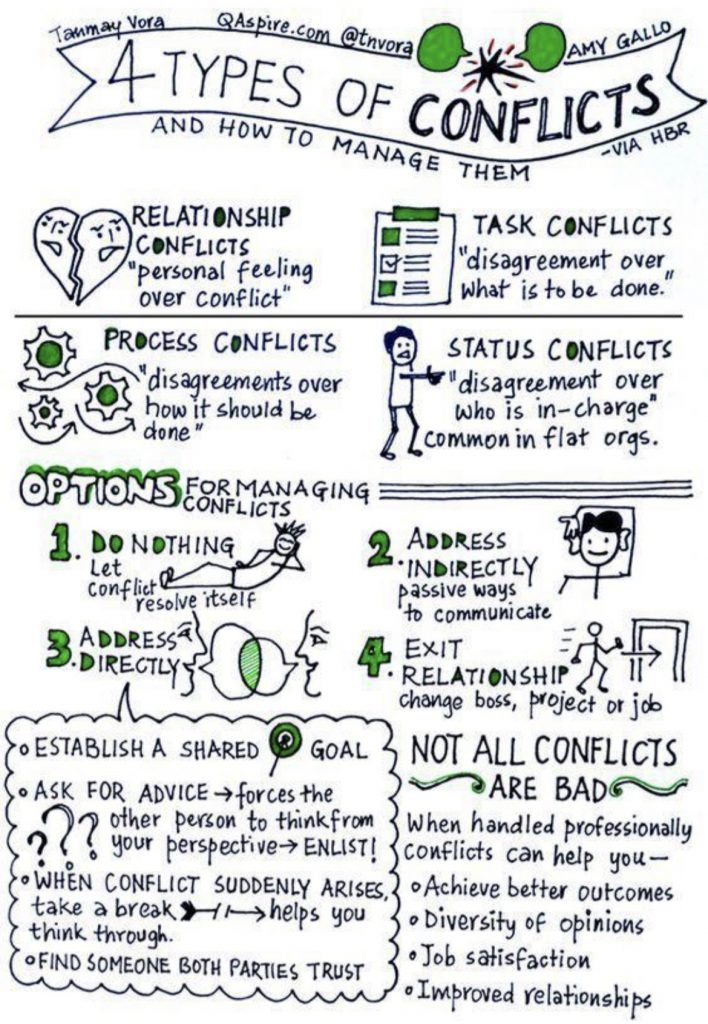
It’s here that something interesting can happen for our mental health. We mull it over, often allowing things to seep into our personal lives (if you’ve ever played through that awkward conversation you know you need to have in front of the TV you’ll know what I mean).
We know logically that once we address it, we’ll feel that amazing release of pressure from our shoulders. That same damaging pressure that makes us question ourselves and ask “what if…” this and “what if…” that.
First and foremost, it’s that exact pressure that we need to consciously manage. Accept that there isn’t one perfect approach for resolving conflict. Every situation and every person is different.
Ahead of Mental Health Awareness Week 2020, go into it knowing that you may not get everything ‘right’, but your vulnerability and authenticity will show that you want to resolve things.
Respect yourself, and others
We all perceive the world in different ways. It’s what makes us unique. Be honest with yourself and take time to understand what’s happened from your perspective. Reflect on your reactions and responses with an awareness of the types of behaviours or topics that might ‘trigger’ anger or conflict within you. Recognising these triggers is the first step towards helping to control your emotions issues arise.
Resist the urge to dismiss opinions and thoughts. Ask people to explain more about their thoughts and feelings. Understanding their motives makes it all the more easy to empathise by stepping into their shoes to find a common viewpoint and resolution.
Handling conflict in relationships can often be done simply by acknowledging that there is a disagreement. Stating a simple fact out loud – “We really don’t agree on this, do we?” – creates a little breathing space and a starting point to work from.
Know when to walk away from a dispute, particularly if you feel like you’re losing control of your emotions. Separating yourself from the conflict gives you time to clear your head, and some space to think of a constructive way to respond.
Negotiating through the conflict
Never miss a good chance to shut up.
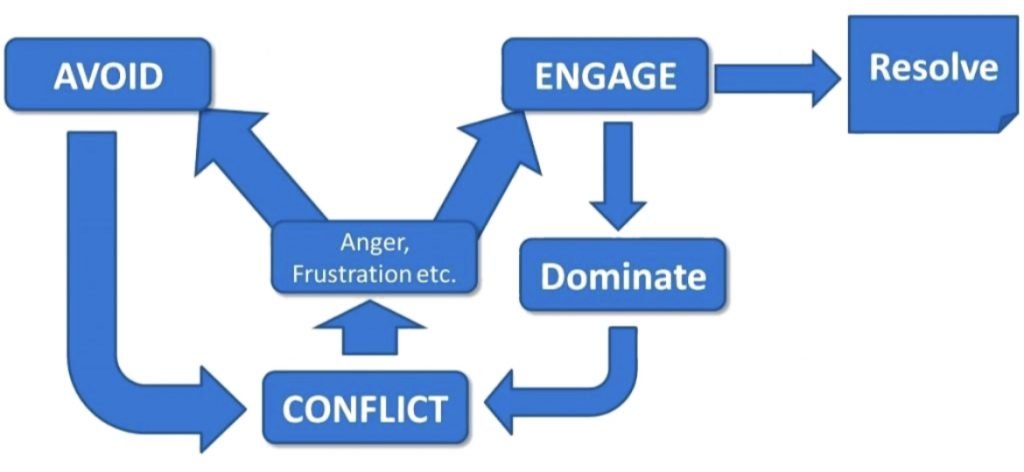


This is a good time to say if you agree on a particular point. Be explicit in saying what it is that you agree with rather than the cliched phrases “I see where you’re coming from…” – always followed by but / however / although! We get what we focus on and this approach will make it much more likely that your views will be respected and listened to.
Think of the conflict in terms of the issue and evidence – even when you’re talking about more intangible behaviours – do your best to provide examples, albeit they may be subjective ones. Try to forget about the concept of winning or losing. Working together to find a resolution means that you stop trying to defeat the other person and are receptive to each other’s good ideas.
Compromise and move on
You can’t force others to agree with you. At best you’ll simply wallpaper over the cracks or at worst, make the situation even more volatile. That vulnerability that is so important helps us to have an open mind and show others that we’re willing to admit when we’re wrong. It helps to remove any lingering hostility and also encourages others to feel more comfortable admitting their own mistakes in future.
When the time comes to move on, think about what might need to change in the future to work differently together and keep checking in. Being open and honest enough to talk about what happened and how you resolved it helps you to learn more about working together going forward.

